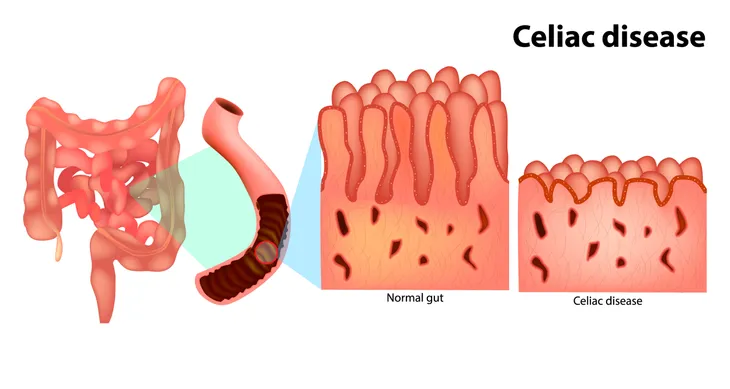As it turns out, some diseases and disorders pick sides when it comes to men and women. This can be due to hormonal differences between men and women, or other physiological differences—although research is still ongoing to pinpoint why this is. Regardless of the reason, there are just some health ailments that affect women more than men, or are simply more likely to and this includes diseases, mental health ailments and more.
There are some health problems that are almost exclusive to women; this is not to say that men won’t develop some of the same health problems, but in many cases they may impact women more. Let’s take a look at seven illnesses that disproportionately affect women…
1. Lupus
This is a fairly well-known autoimmune disease that causes inflammation that can seriously impact health, namely relating to the joints, skin, kidney and even the heart and brain. Medical science first learned about lupus—or at least the telltale effects of the disorder—as early as the 19th century.
However, perhaps what’s lesser known is the fact that lupus negatively impacts women more than their male counterparts. The Huffington Post notes 9 out of 10-people afflicted by this autoimmune disorder are women.
2. Breast Cancer
It makes sense that breast cancer would be related to women more than men, but that doesn’t mean men don’t get it. As the National Breast Cancer Foundation points out, “All people, whether male or female, are born with some breast cells and tissue.”
However, despite this similarity in tissue, women are far more likely to deal with this disease than men. Statistics show that 1 in 8-women in the U.S. will deal with a form of breast cancer during their lifetime, while less than 1-percent of all breast cancers will manifest in males.
3. Multiple Sclerosis
Multiple sclerosis (MS) as it’s commonly known is an autoimmune response that attacks the body’s central nervous system, potentially with debilitating health effects. While it’s known that this disease is predominantly found in North American (mostly Canada), it is more likely to target women (at a rate of four times higher).
ScienceDaily posted an 2004 article that may shed some light on why this is. It comes down to differences in the brain; specifically, a protein called S1PR2 has been found more in females that are “more susceptible” to the disease. Not only is the production of this protein higher in affected females, “the protein is present at even higher levels in the brain areas that MS typically damages,” adds the source.
4. Depression
This one may come as a surprise to some, but Huffington Post notes that women are actually two times more likely to develop these long-term and sometimes crippling feelings of sadness and hopelessness than males.
The source notes that 1 in 5 women will develop depression in their lifetimes. It may come down to “hormonal fluctuations” from childbirth, menstruation and menopause, explains the Post. It also explains that women can be more “ruminative” than men, which loosely means that women reflect more about the causes of their mood than males do.
5. Celiac Disease
This autoimmune disease—characterized by an intolerance of gluten from wheat products—also disproportionately affects women, notes BeyondCeliac.org. It says U.S. women are “two to three times” more likely to be diagnosed with this lifelong disorder than men.
Another problem with this disease as it pertains to women is the fact it’s often not diagnosed until age-40 or older. “The entire span of reproductive life may be disrupted in women with undiagnosed celiac disease,” adds the source.
6. Osteoporosis
The National Osteoporosis Foundation notes that just being female puts you at risk for developing osteoporosis, which can make bones brittle and lead to breakage. The source notes that of 10-million Americans with this disease, 80-percent are women.
This is possibly due to women having less bone mass (thinner bones) than men to begin with, explains the foundation. It could also be traced to the fact that estrogen—a hormone that is important to bone health—drops dramatically when women hit menopause. This can cause bone loss.
7. STIs
These infections passed through intimate contact are present in both men and women, but the symptoms often only affect women. WomensHealth.gov explains that chlamydia and gonorrhoea in particular can be risky for women if left untreated, leading to chronic pelvic pain, pregnancy complications and even infertility.
Meanwhile, the source explains that unchecked syphilis can result in infant death among infected pregnant women—in up to 40-percent of cases. Meanwhile, women have a higher overall risk of contracting an STI from unprotected intimate contact than men.










